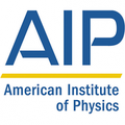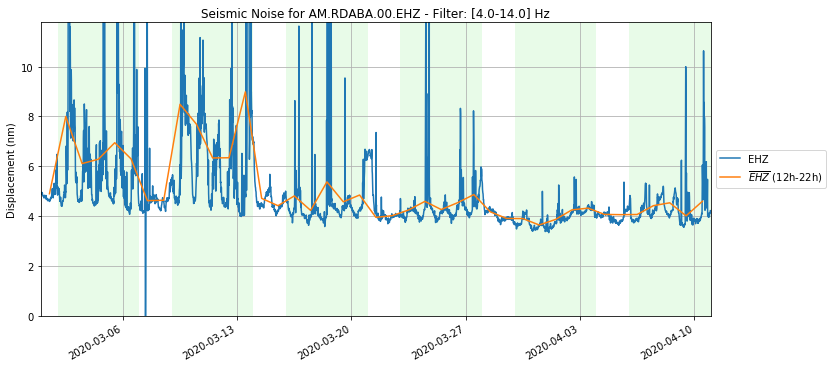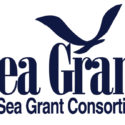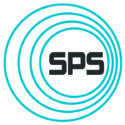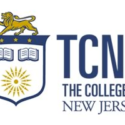The Department of Physics at The College of New Jersey (TCNJ) invites outstanding applicants for a tenure-track position starting late August 2021. Candidates at both the Assistant Professor and Associate Professor level will be considered. The faculty member will serve as a role model and be a leader in helping to further increase and retain TCNJ’s growing number of women physics majors. TCNJ was awarded a prestigious Clare Boothe Luce Professorship by the Henry Luce Foundation. This award may be used to support this position. The Clare Boothe Luce professorship provides exceptional support for career development in teaching and research, including a combination of summer salary, funding for summer research students, travel funding, and discretionary funding. For more information on the Clare Boothe Luce Professorship, please see https://www.hluce.org/programs/clare-boothe-luce-program/.
The online application for this position can be found here: https://tcnj.taleo.net/careersection/00_ex_faculty/jobdetail.ftl?job=20001172&tz=GMT-04%3A00&tzname=America%2FNew_York. Please contact physics@tcnj.edu with any questions.


